The die was cast. The party had met and decided. The Action Group, at its 8th Annual Congress held at the African Sports Club, Jos, from February 1 to 8, 1962 had concluded on the alleged anti-party allegations leveled against Premier of the Western Region, Chief Samuel Ladoke Akintola. In his opening remarks, Leader of the party, Chief Obafemi Awolowo, acknowledged that there were real and dangerous contradictions within the party, to wit Akintola’s “contemptuous conduct against the party.”
Sure that a crucifix had been erected for him, Akintola left the venue of the congress on the night of February 3 for Ibadan, capital of the Western Region. On May 19, 1962, a joint meeting comprising Yoruba West and Mid-Western Executive Committee of the Action Group deliberated on charges of maladministration, anti-party activities and indiscipline leveled against the Premier. A motion calling on Akintola to resign his position was moved, as well as a counter motion calling for a mere reprimand. The counter motion was defeated by 29 votes to 81. The meeting thus did not accept Akintola’s apology. The Premier was asked to resign.
Fast-forward to 1982, exactly 20 years after. Chief SM Afolabi, the man who was alleged to have slapped Premier Akintola in Jos in 1962, had now become the Deputy Governor of Oyo State. He and Alhaji Busari Adelakun, popularly known as Eruobodo, had alleged that, in the intra-party skirmish in the Unity Party of Nigeria, (UPN) the governor, Chief Bola Ige, had enlisted a pariah to the UPN, his old-time friend and former Head of State, who was later to be his earthly nemesis, Gen Olusegun Obasanjo, to settle the rift. For UPN, a party known for its strong organizational skills, discipline and sound ideological leaning towards socialist-welfarism, this was an anathema. So Ige and Afolabi were summoned to the party’s federal executive council meeting in Yola, then Gongola State. Like Akintola, expulsion from the UPN and abrogation of his governorship stared Ige in the face. It was at that meeting that Ige, to provide an undisputable alibi for his argument that he never gave the devil a window into the UPN, swore with his child. Astounded by this audacious yet atrocious swear, Awolowo was said to have reprimanded Ige for this brazenness and stopped the enquiry into Ige’s alleged flirtatious embrace of an infernal enemy. It was a night which has been dubbed Night of the Long Knives, a borrow from the purge in Nazi Germany of 1934 when Nazis embarked on a series of political extrajudicial executions aimed at consolidating Adolf Hitler’s absolute hold on power.
Now place the above behemoth power of the political party side by side Nigerian party politics today. Richard Sklar, Professor Emeritus of Political Science, University of California, Los Angeles and one of the most authoritative scholars on the history of First Republic politics, had said that the Action Group was “the best organized, best financed and most efficiently run political party in Nigeria. With respect to effective central direction, the Action Group ranks with such well organized and highly disciplined parties as the Convention People’s Party of Ghana, the Democratic Party of Guinea and the Malian Party of African Federation…it adheres rigorously to rules of democratic procedure. Action Group organization is patterned on the British party model as modified by the requirements of Nigerian political strategy and indigenous social institutions.”
Advertisement
When the African National Congress, (ANC) a political party which does not have the kind of historical antecedent, political pedigree or organizational acumen of First Republic parties in Nigeria, showed the whole world the bravura of party politics by taming Jacob Zuma, its scandalous shrew nominee to the South African presidency, the Nigerian political world looked bewildered, not knowing that it had a more ebullient pedigree of party politics.
Today, party politics, like everything bright and beautiful, has become withered flowers in Nigeria. A few days ago, President Muhamadu Buhari lamented the cat and mouse relationship between presidency and the National Assembly, where APC has a majority. Recently too, the presidency’s desire to have its first in the ordering of elections was thrown out of the windows with ignominy like a philandering teenager caught at a brothel. What happened to party caucuses? Senate President Bukola Saraki audaciously and peremptorily absented himself from the APC national meeting recently and the sky didn’t wear any ominous apparel. Everyone lived happily thereafter.
The above examples of the powers and majesty of party politics are a strong testament to the kind of politics Nigeria ran. Political party system is central to the survival of any democracy. It is indeed the platform for recruitment of leadership. In Nigeria’s weak political architecture and absence of democratic political culture can be found the nil or weak democratic institutions of the Nigerian state. Some people have argued that the weak party politics Nigeria runs is a product of military authoritarianism and authoritarian legacy we inherited.
Advertisement
Today, party politics has taken a turn for the worse. Not only has it lost its reverence, parties have no ideological base any longer. They have become mere organs of winning elections. Party politics took its greatest blow under Obasanjo. Deploying military authoritarianism, Obasanjo sacked PDP chairmen with ignominy as you dispense with your house boy. In most instances, many of them pre-signed their resignation letters. In states, it is even worse. Minions are selected as party chairmen. Governors, with stupendous wealth and Mandarin powers, fiddle with the heart of the party like marionettes. In one of the states, a governor, confronted with internal dissents over his choice of nominees for local elections, had boasted that the state party chairman dared not act contrary to his whims as the pauperized chair collects N500,000 monthly from him. Before you open and close your eyelids, Odigie Oyegun is by Buhari’s babanriga at Aso Rock, laughing unperturbed like a titivated ballet dancer. Can he summon Buhari to the APC headquarters to explain any governmental infraction? Does any chairman have the gut to whip elected/appointed political office holders into line when he collects prebends from them with shameless abandon?
In the Second Republic, at NPN party meetings, President Shehu Shagari would not sit down until “My Chairman” had taken his seat. Chief A.M.A. Akinloye was so powerful that his orders were magisterial. NPN, just like other parties of the time, formulated policies according to sacred manifestoes comparable only to the holy writs. Weekly meetings were held at party offices which the President, down the line, must attend. The Chairman handed over party positions on issues which the President, governors went to their Government Houses to implement.
It must be said that the greatest calamity that befell party politics today is the attempt to clone party leadership pattern of the First and Second Republics. In those parties, the Leader of the party was also the Premier and its presidential candidate. Today, elected persons who don’t have Awolowo’s kind of self-restraint replicate behemoth party power and are now governors/president as well as leaders of party. With their illicit wealth and questionable pedigree, they foist banditry on party politics.
Once we do not get party politics right, we can as well forget about democracy. Party nomination or party primaries is the most integral element of democracy. Since the crisis in the vanguard nationalist party, the Nigerian Youth Movement (NYM) which pitched Adeolu Akisanya and Ernest Sese Ikoli against each other, imposition in place of nominations and manipulations of popular choices have always reigned supreme in Nigerian party politics, making parties lose legitimacy and becoming too weak to defend democracy.
Advertisement
The result of all these is that, once the political party is not able to guarantee equitable choice, it destroys the foundation upon which representative government stands, limits and pollutes the choice of the people and ultimately provides a wonky and tainted foundation for the electoral process. And the holy writ asks that once the foundation is destroyed, what can the righteous do? No wonder, Nigeria hasn’t been able to get democracy right since.
All efforts must be made to return democracy to political parties. Party members must collect their parties from the governors by fastidiously paying their tokens at meetings. Only those who have verifiable means of livelihood should be nominated for party offices. Or else, this funeral of political parties in Nigeria would go on as planned by the politicians.
For Adewole Oniluola and Tunde Kelani
Last week, two art prodigies celebrated their birthdays. On Tuesday, my musical idol, Ayinla Omowura, late Yoruba Apala music exponent’s lead drummer, Alao Adewole, a.k.a. Oniluola, turned 90. So also did impresario, Tunde Kelani, who turned 70. It is impossible to write the history of Omowura without giving a large chunk of space to Baba Adewole. He had a mastery of the talking drum that verges on the mysterious. Whenever Adewole began a journey into conjuring melodious rhythms with the talking drum which momentarily halted Omowura from entering his own musical realm too, Omowura called Adewole back by telling him, in an admixture of barroom argot and subtle reprimand, “Alao Adewole, legal legal, ka se suru fun’ra eni, were were laye n fe.” Sorry, I have no correct English interpretation!
Advertisement
Adewole, it was said, who originally owned the musical ensemble and merely asked Omowura to join as lead vocalist. Except when disagreement crept in between the duo and Omowura hit Adewole, who had gone ahead to form another band, as hiding what he called his spuriously produced vinyl, underneath his agbada, Omowura always sang panegyrics of a man he generously referred to as his Oga and egbon in the musical world. If he had been alive, Hadji Costly too would have been 85 this year. A couple of years ago, at a show, some old fans of Omowura had called Adewole, then nearly 90, to come and relive his mysterious talking drum sensation and he hit the drum with evergreen fascination. Here is wishing one of the legends of the Yoruba musical world a happy 90th birthday.
Kelani is a household name who has done tremendous works on Yoruba art and the cinema. Born February 26, 1948, Kelani, popularly known as TK, is a filmmaker who has brought panache, depth and style to storytelling. His promotion of Yoruba’s rich cultural heritage has shown his other credentials as a documentation expert who has done so well in archiving, educating, entertaining and promoting the culture we inherited from our forefathers. As a director, photographer, cinematographer and producer, he has done a yeoman’s job of reconnecting Yoruba to their ancient history, mores and ways of life. His works include Ko se Gbe, O leku, Thunderbolt, The Narrow Path, White Handkerchief, Maami and Dazzling Mirage.
Advertisement
Co-incidentally, Kelani and this writer’s paths have crossed on an Ayinla Omowura work which is in the pipeline. One just hopes that Omowura’s home state government, Ogun, will immortalize Eegunmongaji via the work which is another of Kelani’s masterpiece of using the cinema to reconstruct our worthy heritage.
Welcome back, Yusuf
Advertisement
As the Yoruba would say, you must be as devoid of human feelings like the man who can devour the ugly and bony head of a tortoise if tears refused to flow through the orifice of your eyes as pictures of Yusuf, son of President Muhammadu Buhari, were circulated in the media last December. He had been involved in a bike accident and sustained head and leg injuries. His accident coincided with that ofOlufemi Oluwajobi, an Ibadan-based on-air personality whom I was well pleased with, who was hit by a suspected drunk driver on December 31, 2017. However, while Yusuff was first treated in a first class Abuja hospital and later flown abroad, Oluwajobi died few hours after because he couldn’t get treatment at a government hospital in Adeoyo, Ibadan.
In an existential world where pains, sorrows and agonies are class-blind, anyone who mocks the other – no matter their class – who is a recipient of the sorrow of existence, must have forgotten the admonition of Odolaye Aremu, Ilorin dadakwada musician, who sang that no one can predict the victim of a rain that is yet pouring.
Advertisement
So we all welcome Yusuff back to Nigeria. You could see the excitement of a father on the face of President Buhari as he welcomed his son back from his foreign treatment trip. We congratulate him on the quick recover – apology to Sir Shina Peters – of his son. One last word however: Hope President Buhari is aware of thousands of Nigerians whose children die from even less serious accidents than Yusuff’s because the hospitals are mere consulting clinics? President Buhari and his protégés in states and local governments in Nigeria should know that no matter how they treat their own children to world class hospice and educate them at world class schools, they will someday return here and will be at the mercy of our own children whom they refuse to advance the cause of their education and existence as a whole. At that point, as one reggae musician sang, there will be weeping, wailing, mourning and gnashing of the teeth.
Views expressed by contributors are strictly personal and not of TheCable.
1 comments

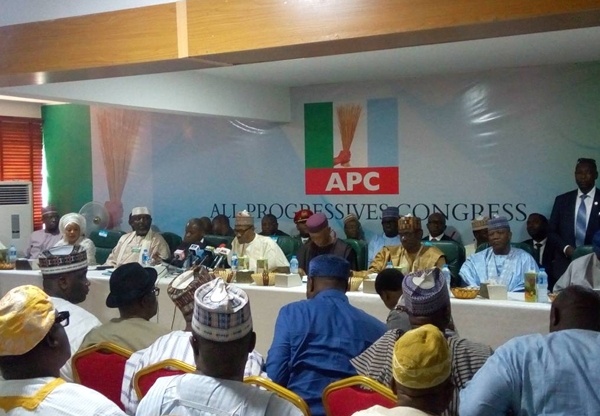
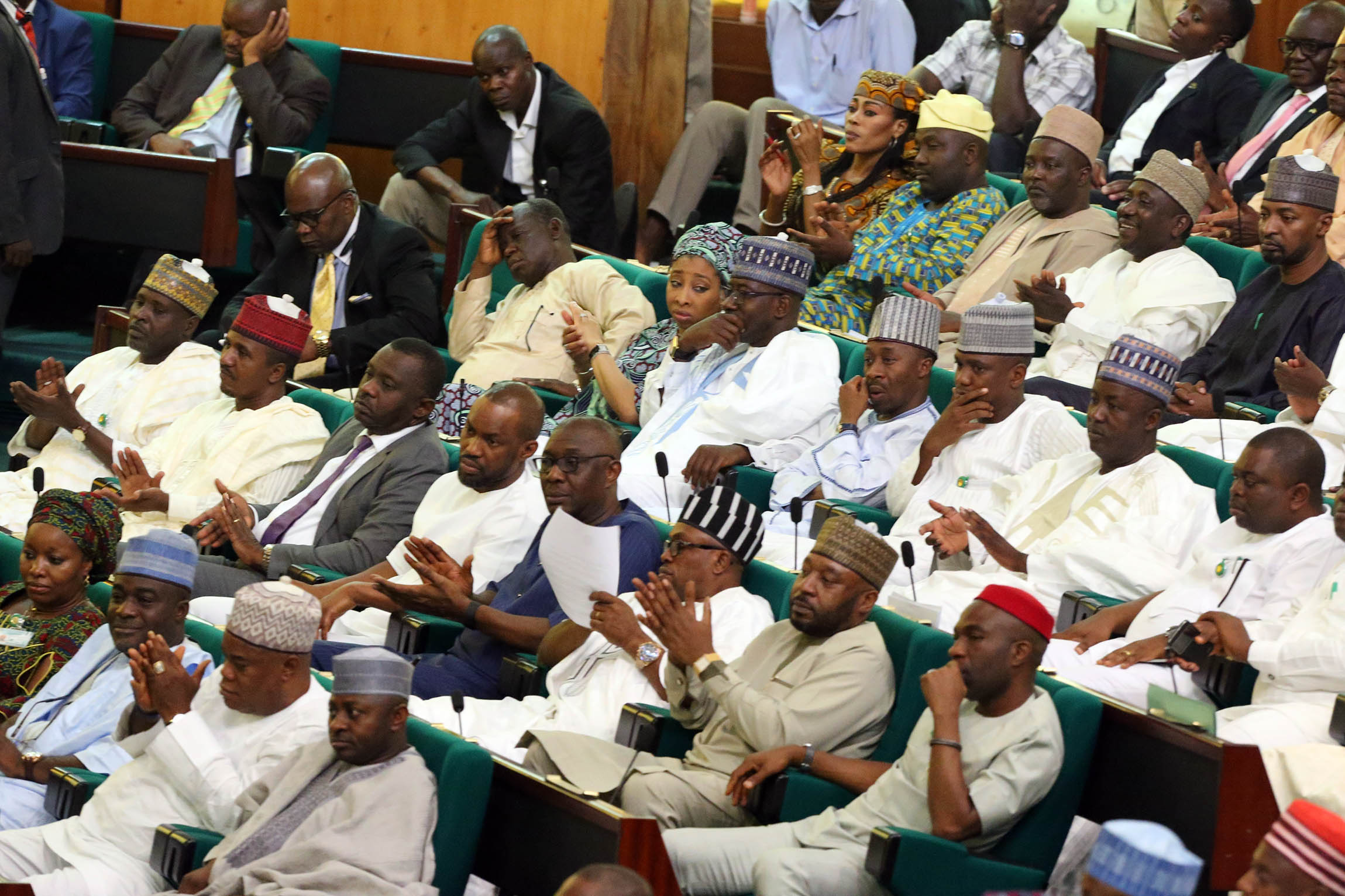
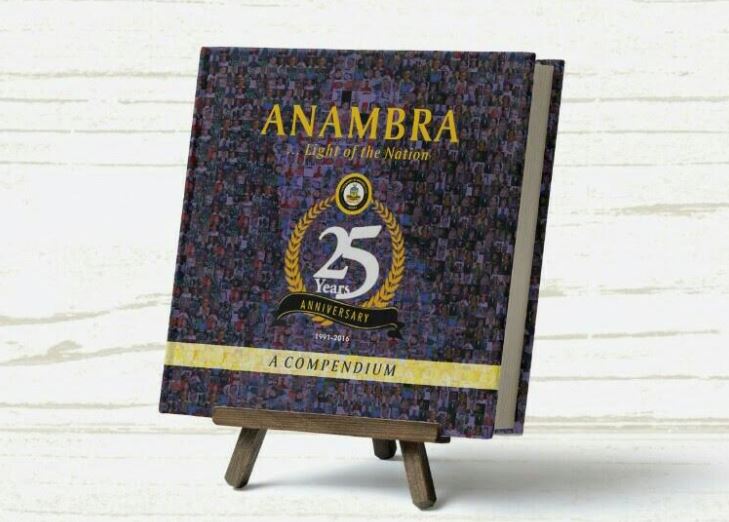
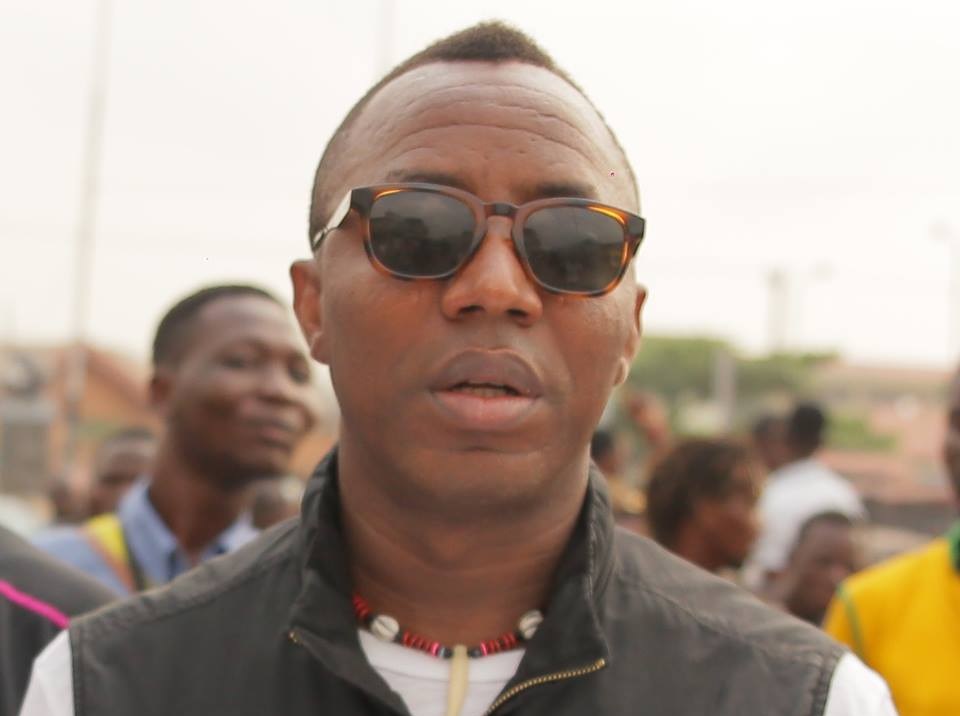
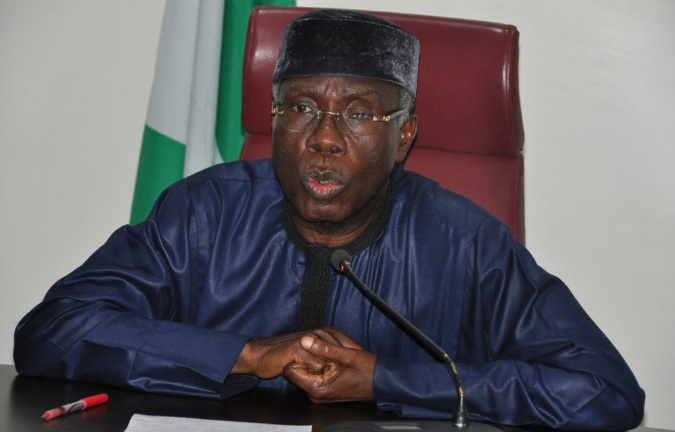

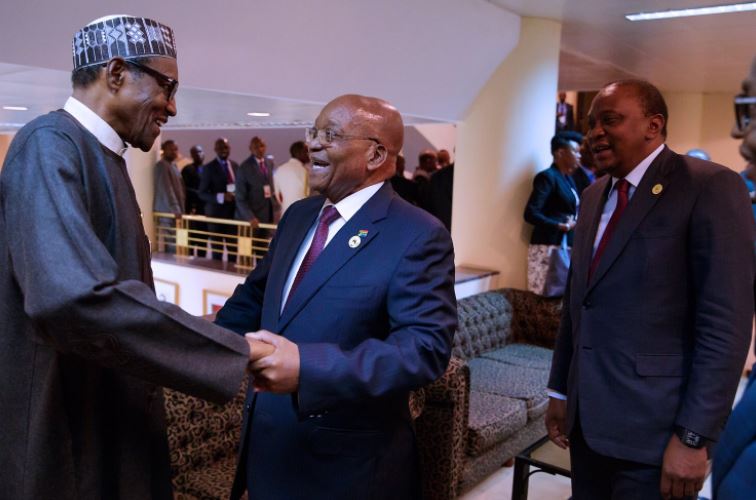
The highest bidder now dictate the tune,as a country these set of politicians are not going to lead us to the promise land
They lack leadership capabilie and are bereft of ideas.